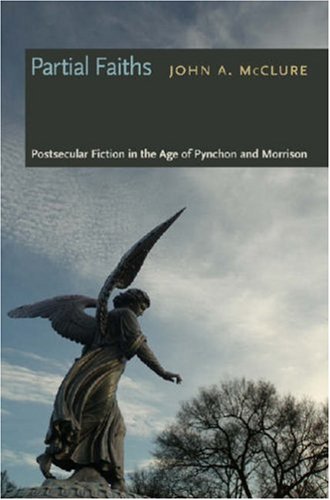

Most ebook files are in PDF format, so you can easily read them using various software such as Foxit Reader or directly on the Google Chrome browser.
Some ebook files are released by publishers in other formats such as .awz, .mobi, .epub, .fb2, etc. You may need to install specific software to read these formats on mobile/PC, such as Calibre.
Please read the tutorial at this link: https://ebookbell.com/faq
We offer FREE conversion to the popular formats you request; however, this may take some time. Therefore, right after payment, please email us, and we will try to provide the service as quickly as possible.
For some exceptional file formats or broken links (if any), please refrain from opening any disputes. Instead, email us first, and we will try to assist within a maximum of 6 hours.
EbookBell Team

5.0
88 reviews
Postsecularism is most often associated with philosophers and theorists such as Jacques Derrida, Richard Rorty, Charles Taylor, William Connolly, Jürgen Habermas, and Gianni Vattimo. But it is also being explored and invented, says John A. McClure, by many novelists: Leslie Marmon Silko, Don DeLillo, Michael Ondaatje, and N. Scott Momaday among others. These novelists, who are often regarded as belonging to different domains of contemporary fiction, are fleshing out the postsecular issues that scholars treat more abstractly.
But the modes of belief elaborated in these novels and the new narrative forms synchronized with these modes are dramatically partial and open-ended. Postsecular fiction does not aspire to any full "mapping" of the reenchanted cosmos or any formal moral code, nor does it promise anything like full redemption. It is partial in another sense as well: it is emphatically dedicated to progressive ideals of social transformation and well-being, in repudiation of resurgent fundamentalist prescriptions for the same.